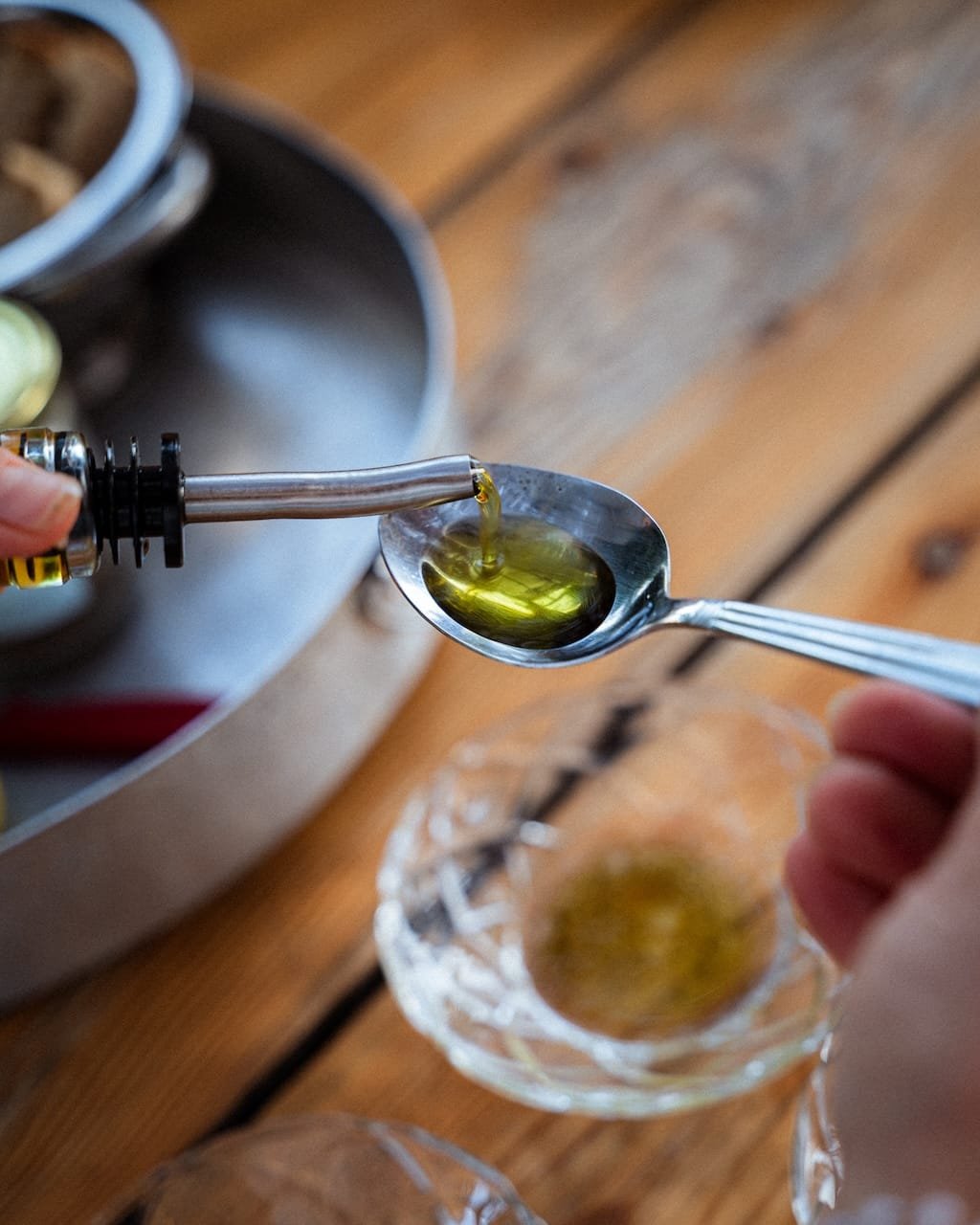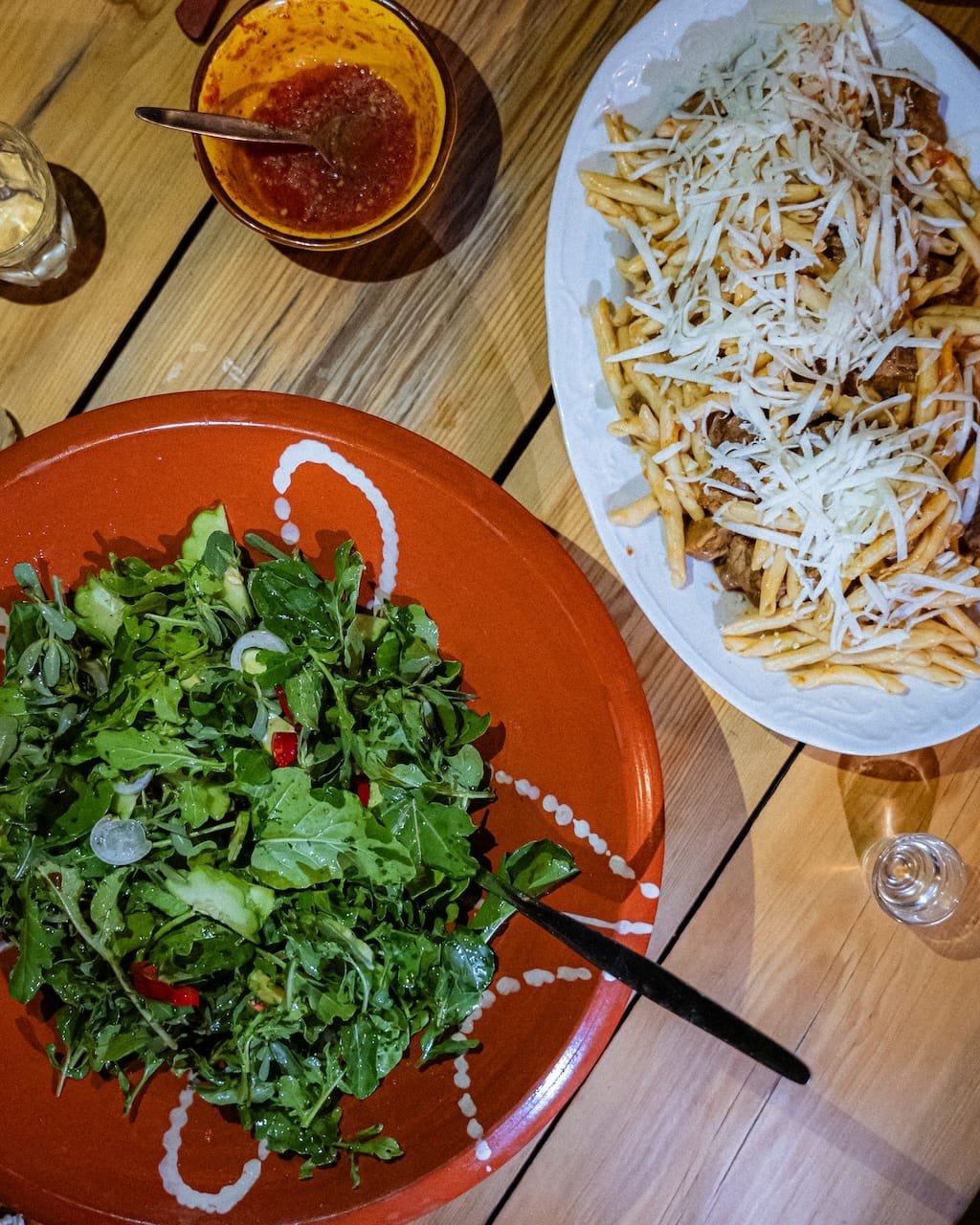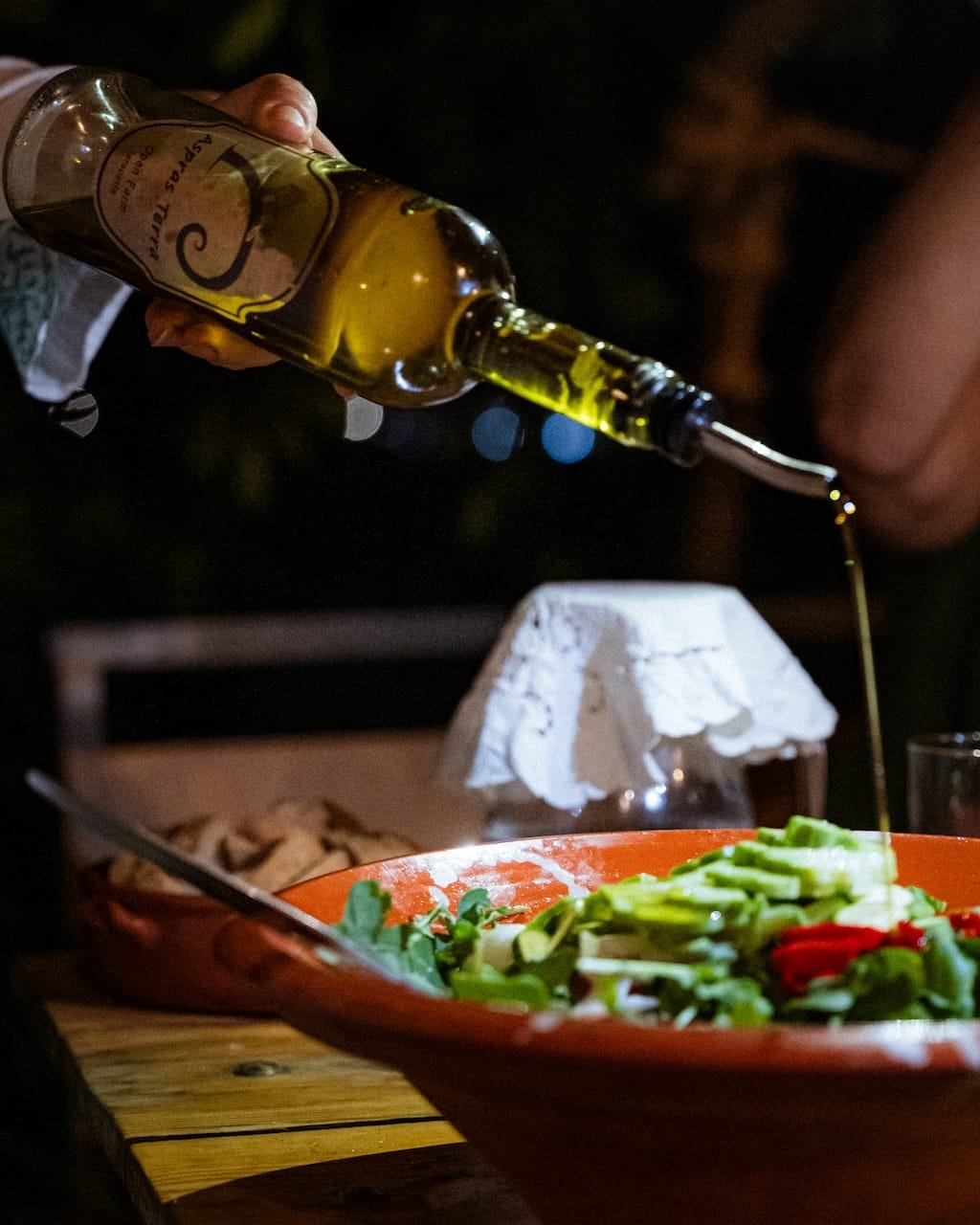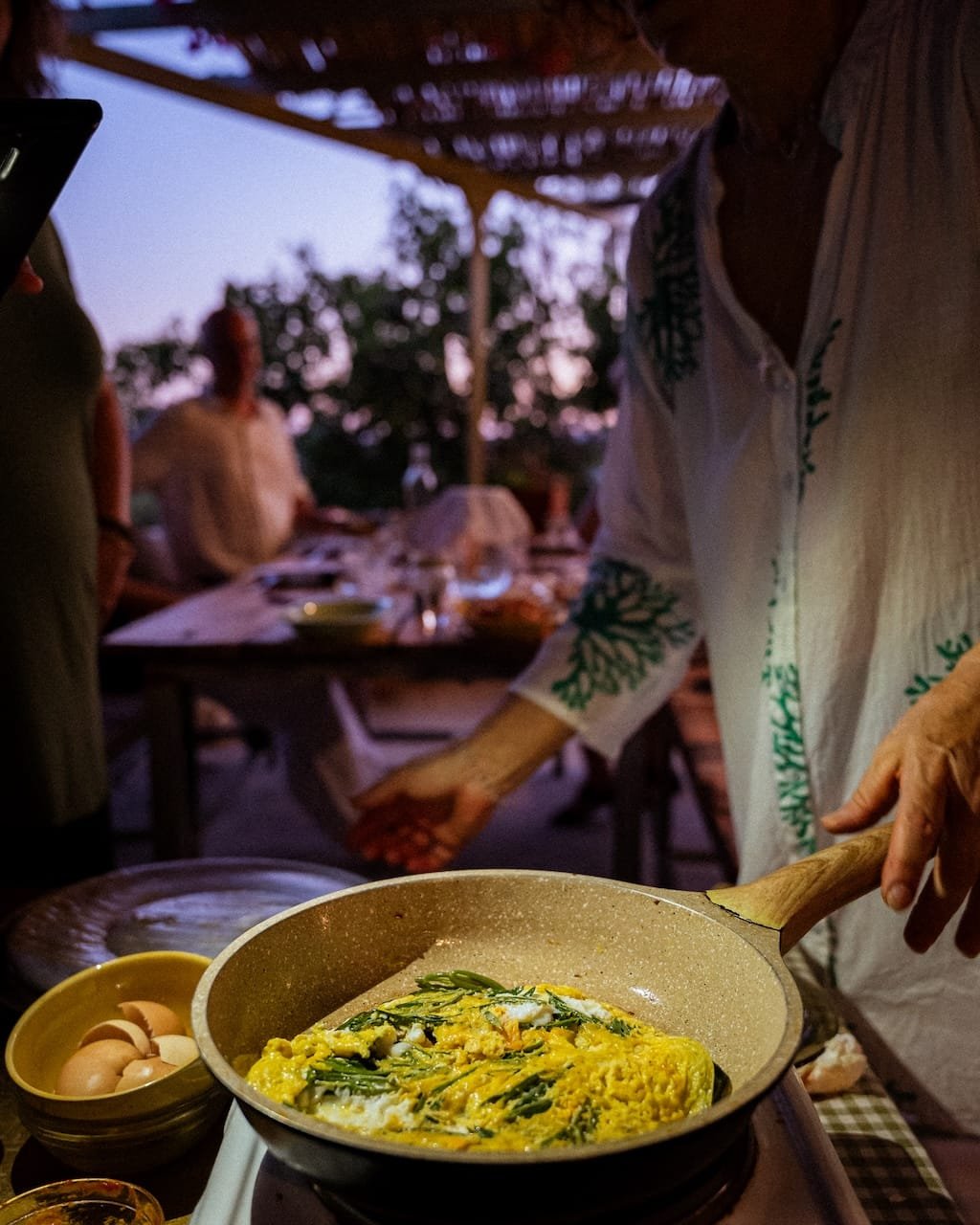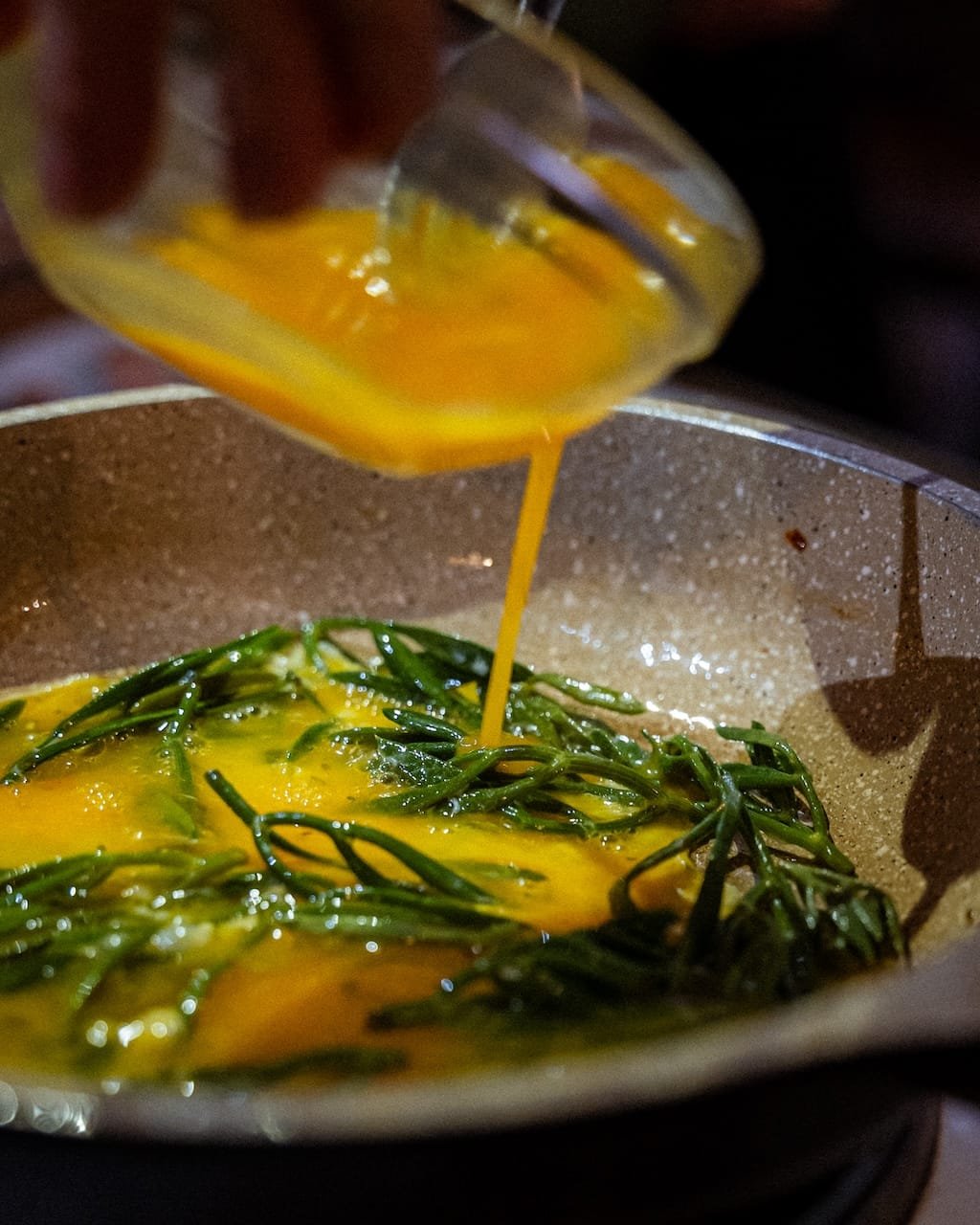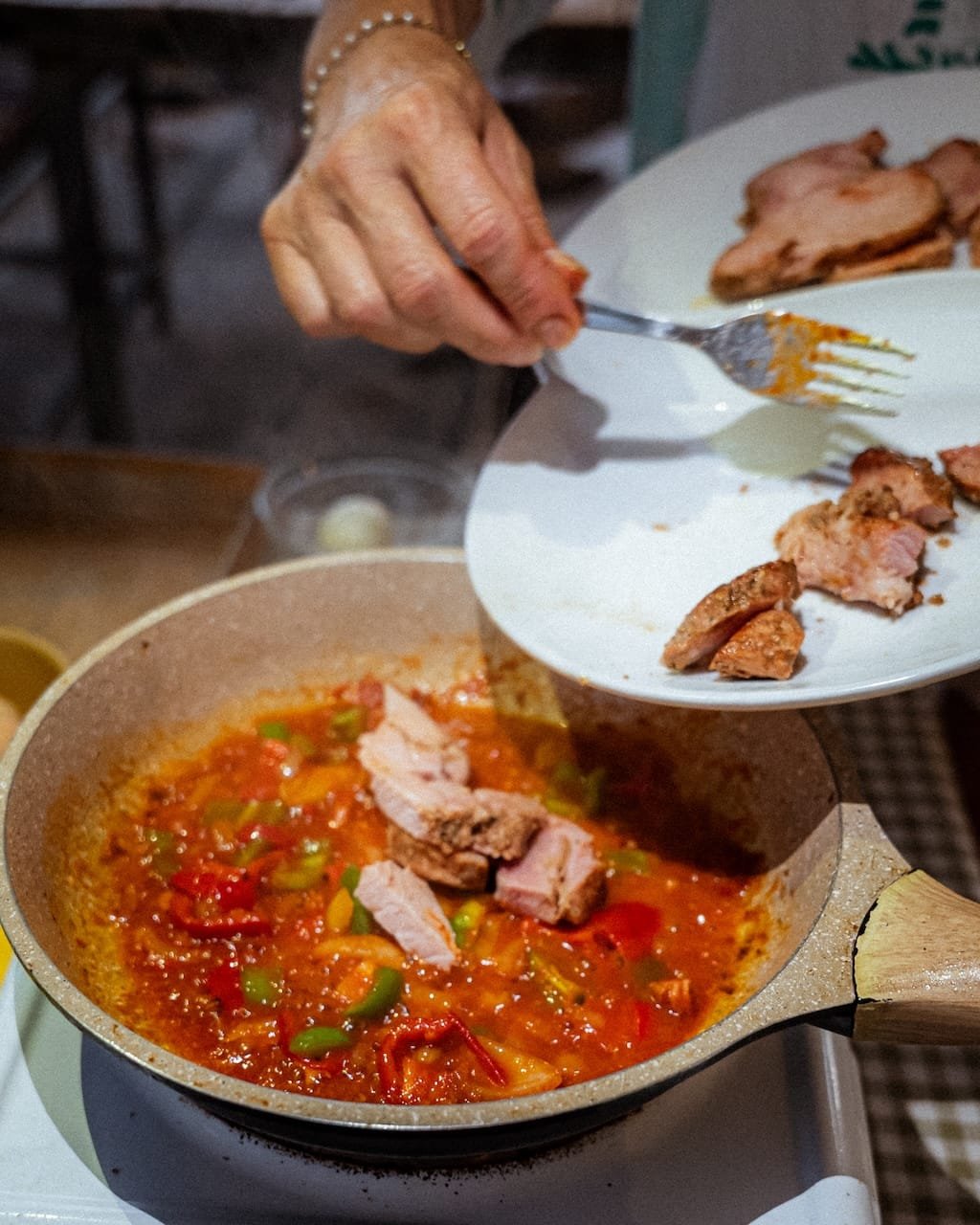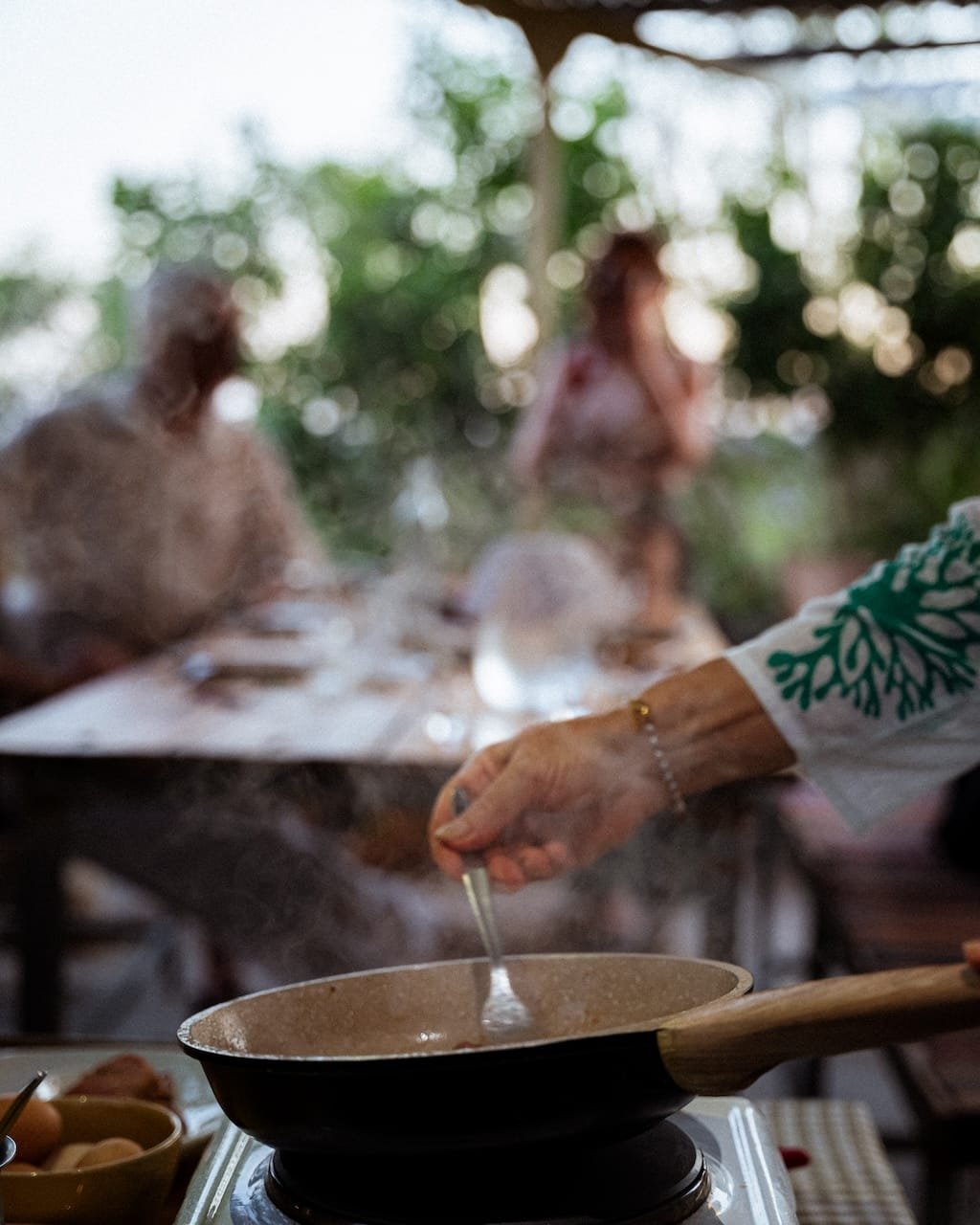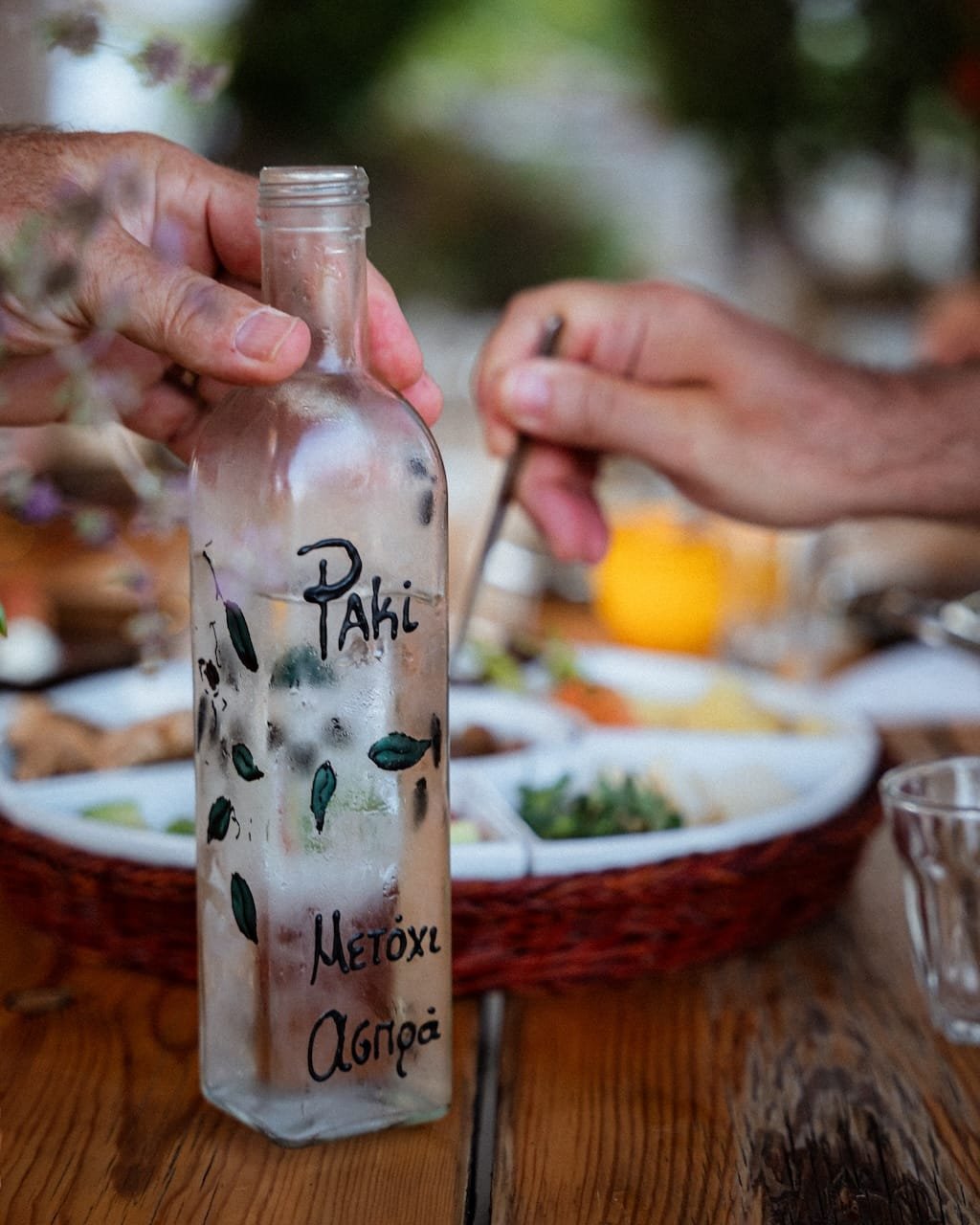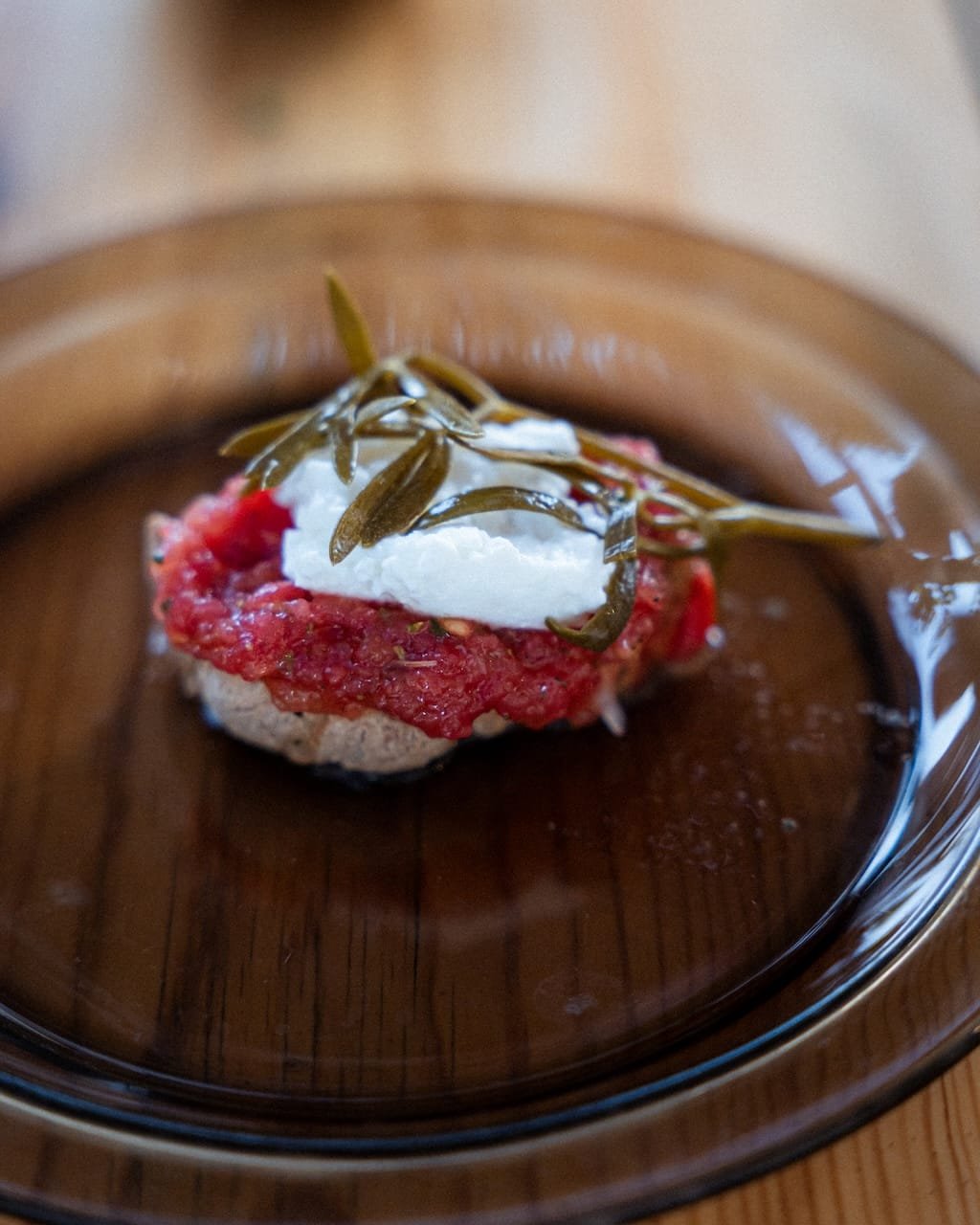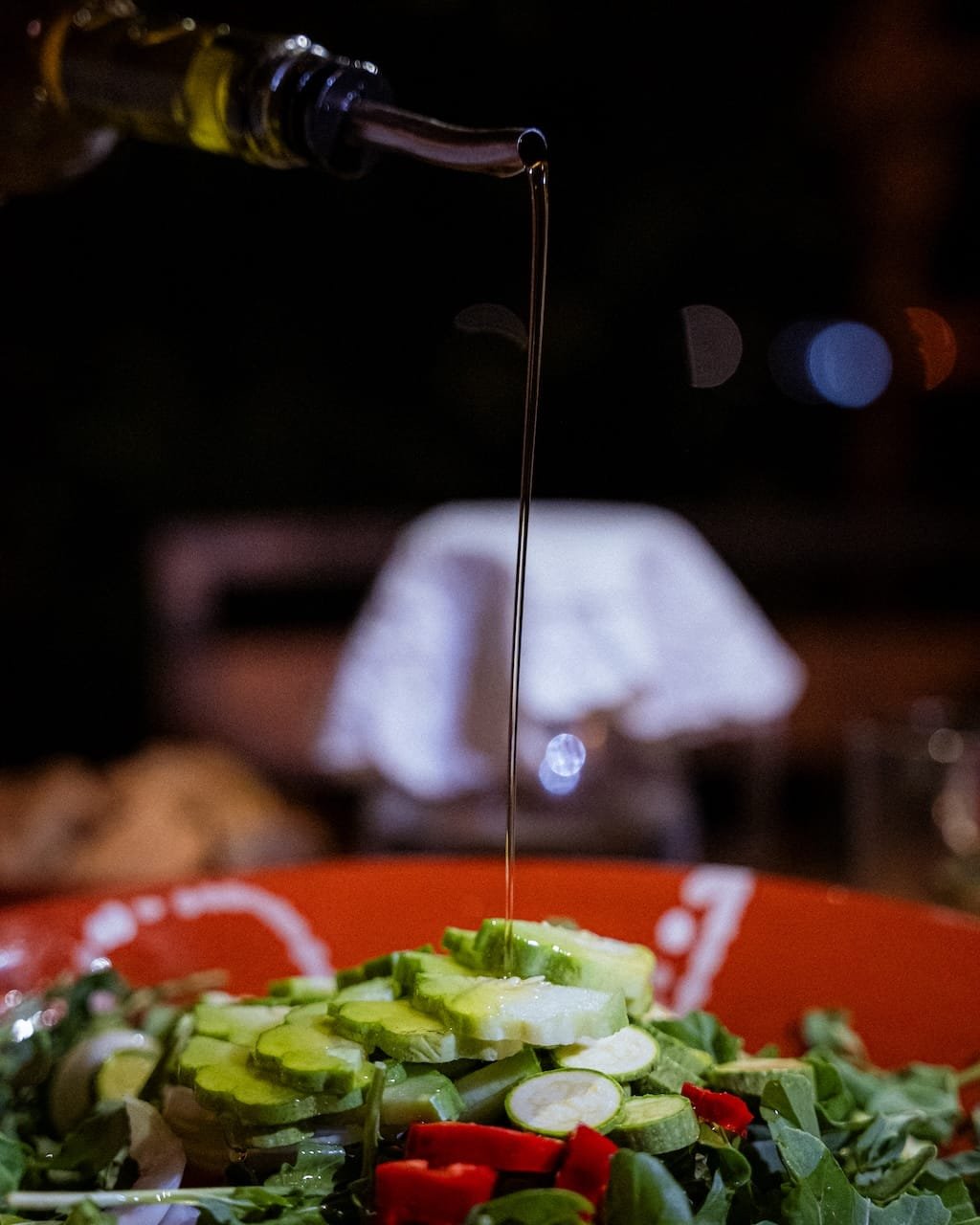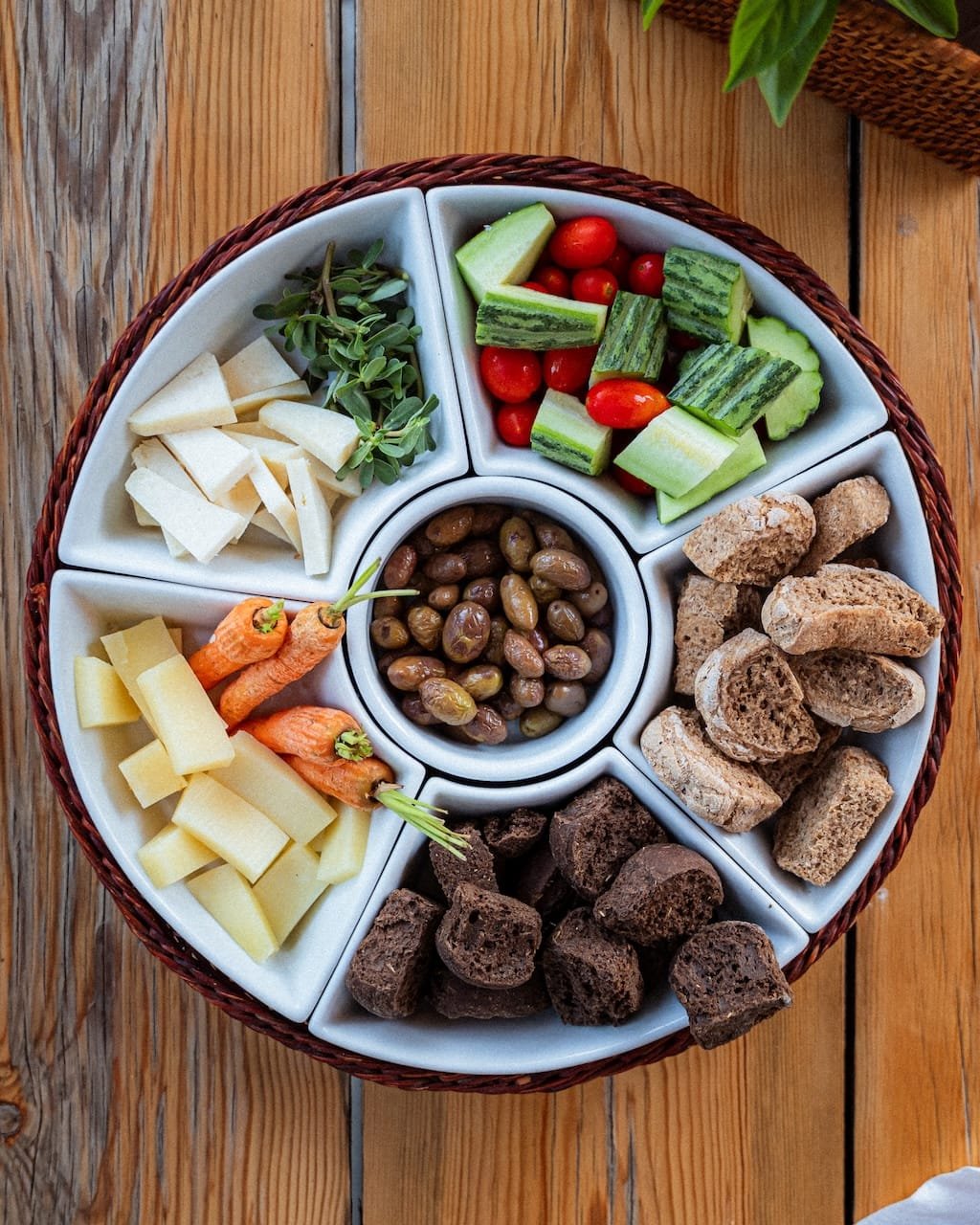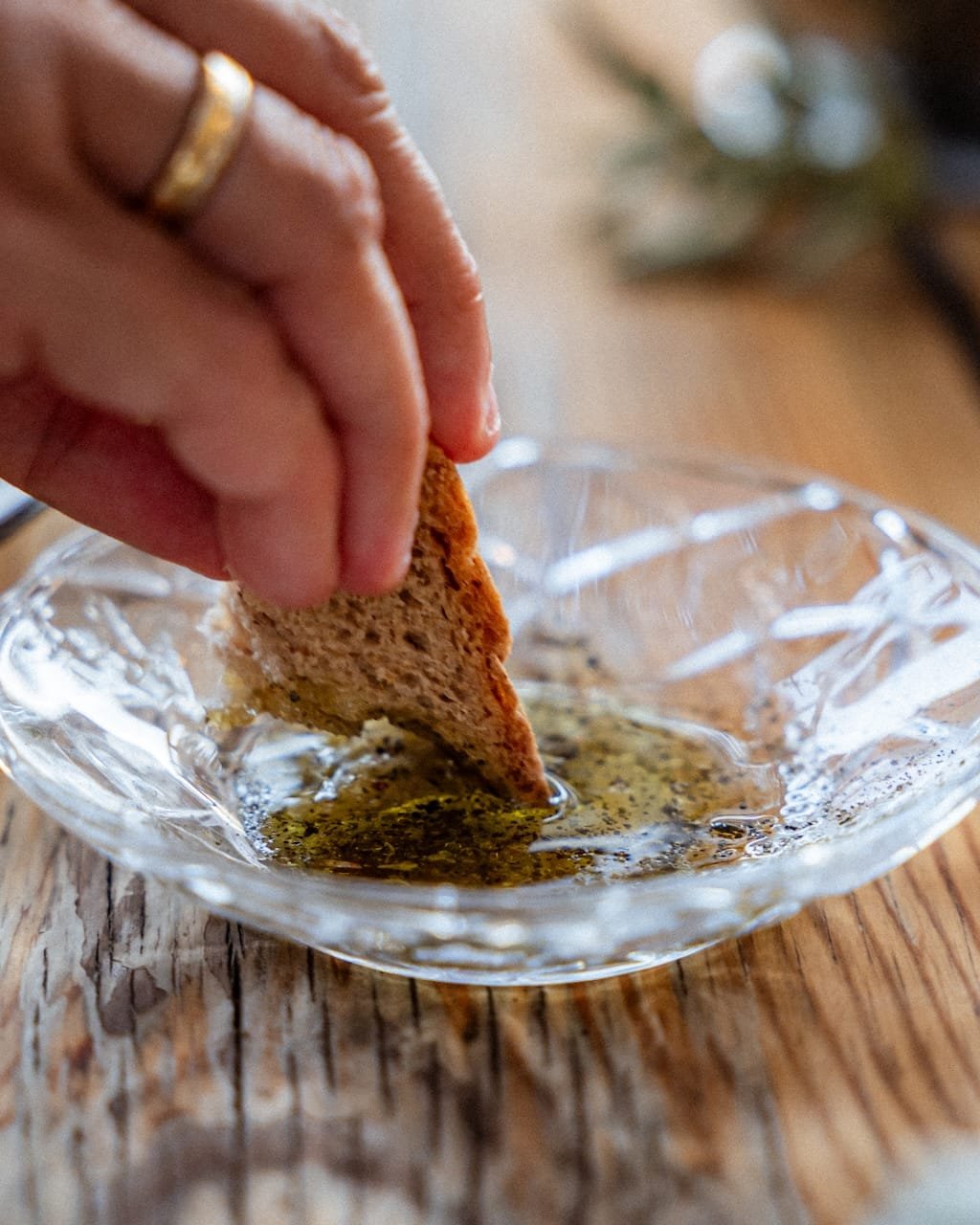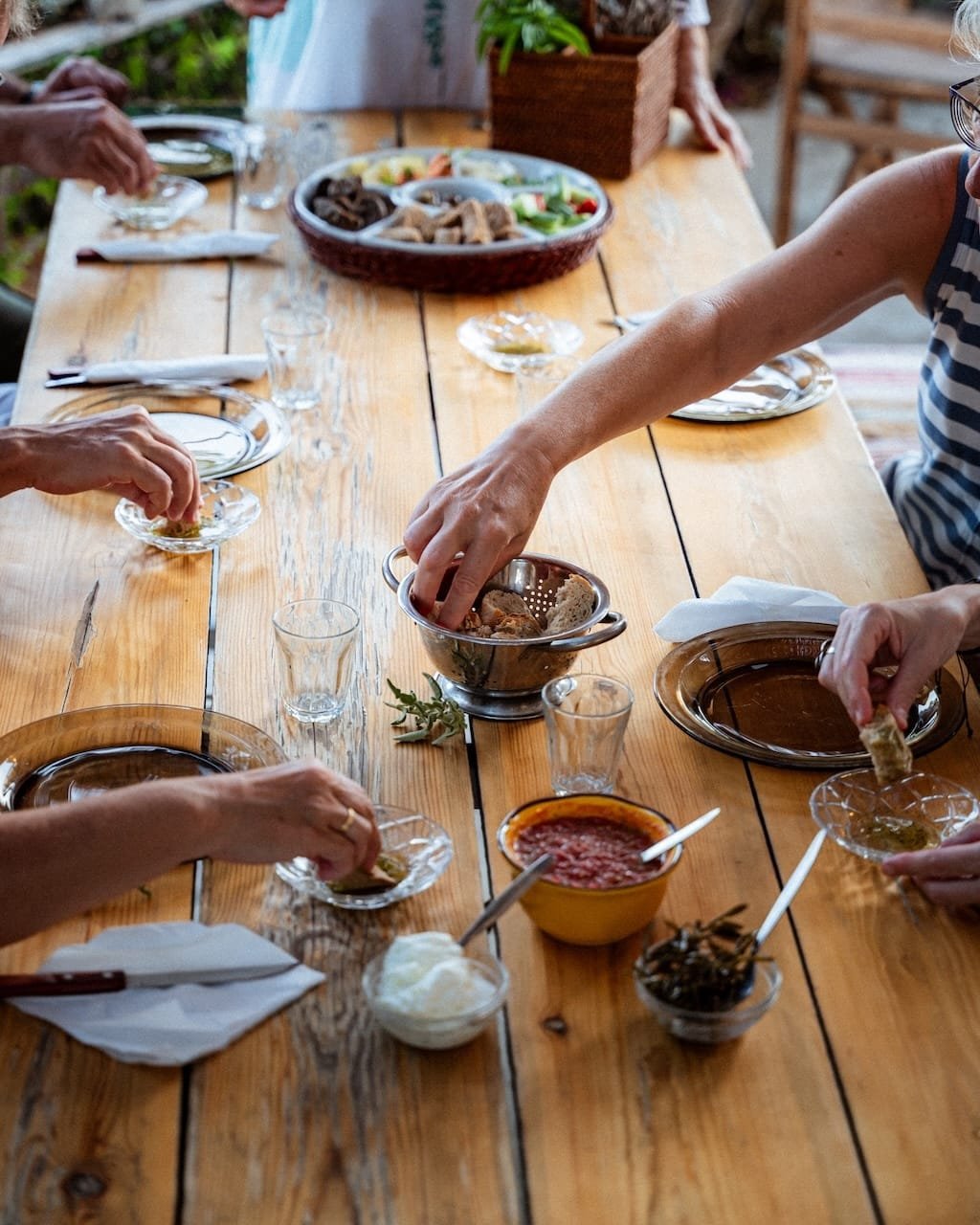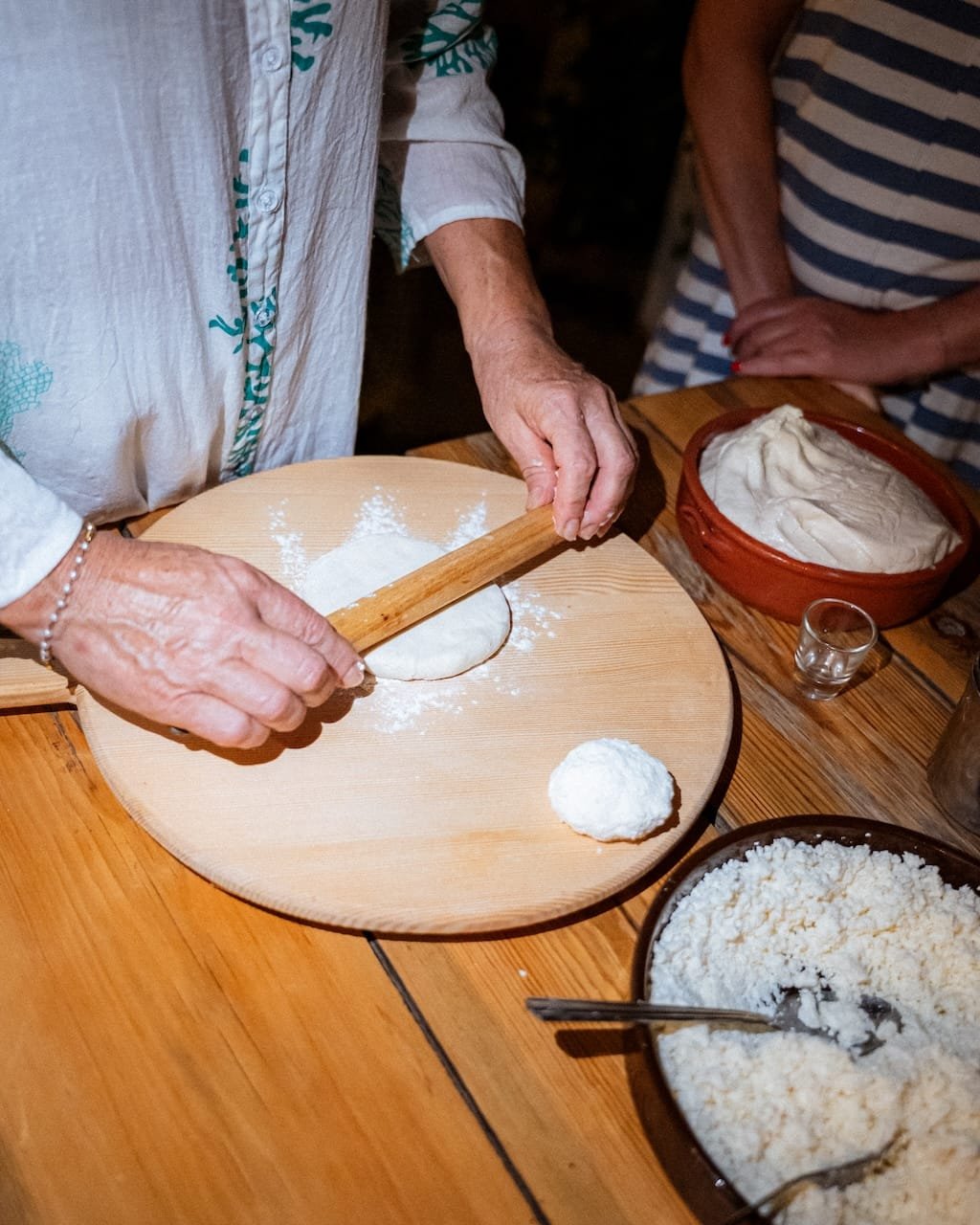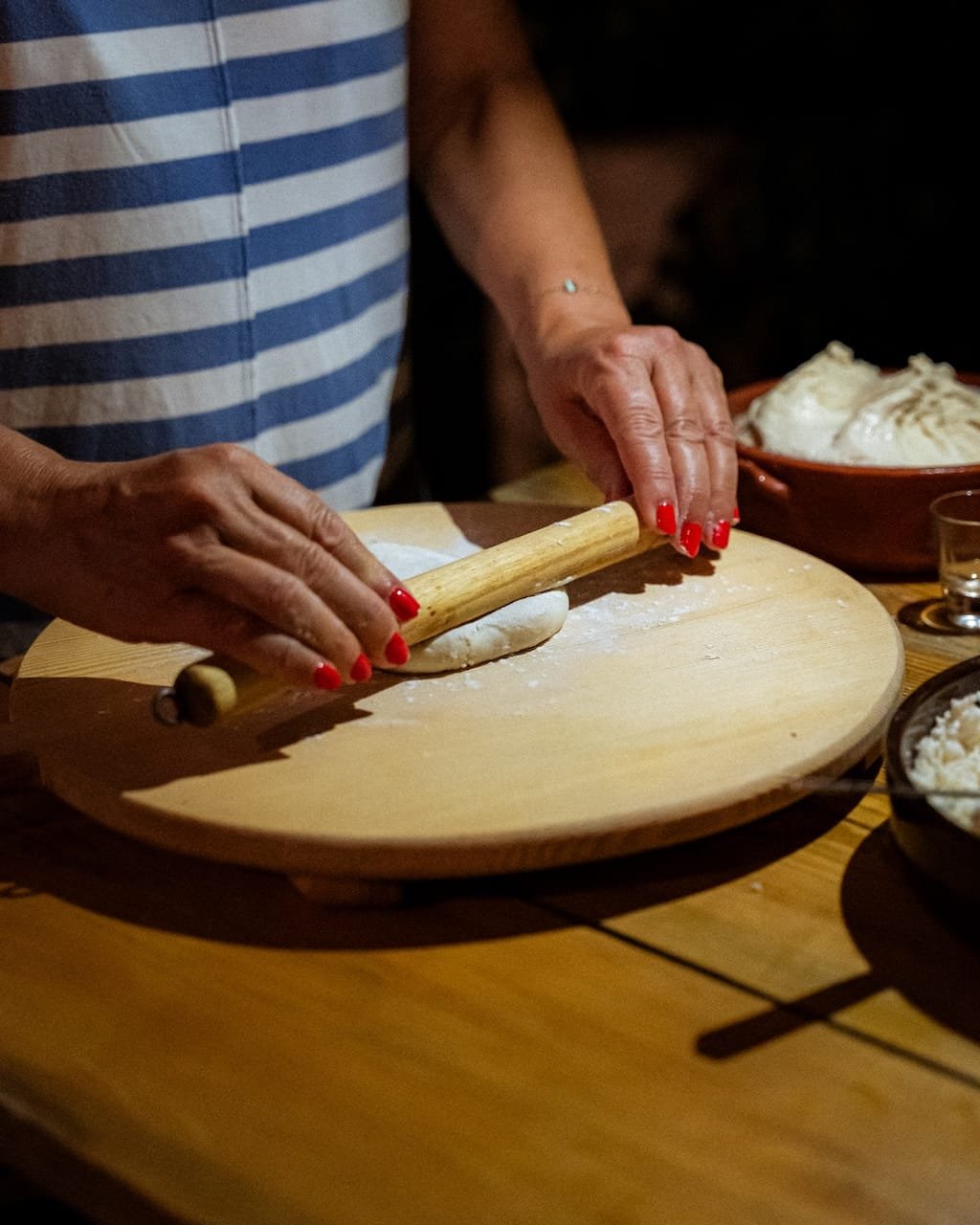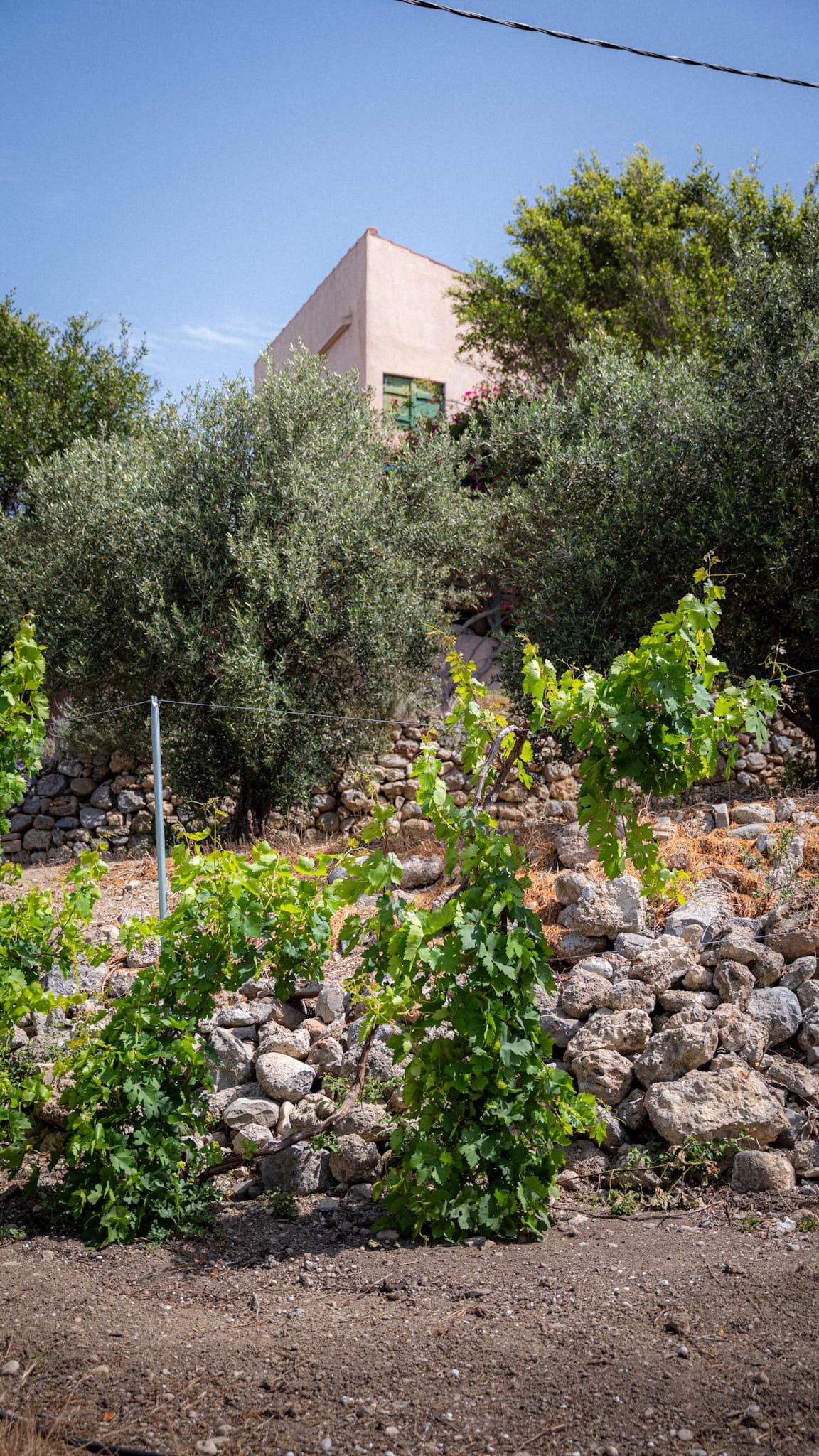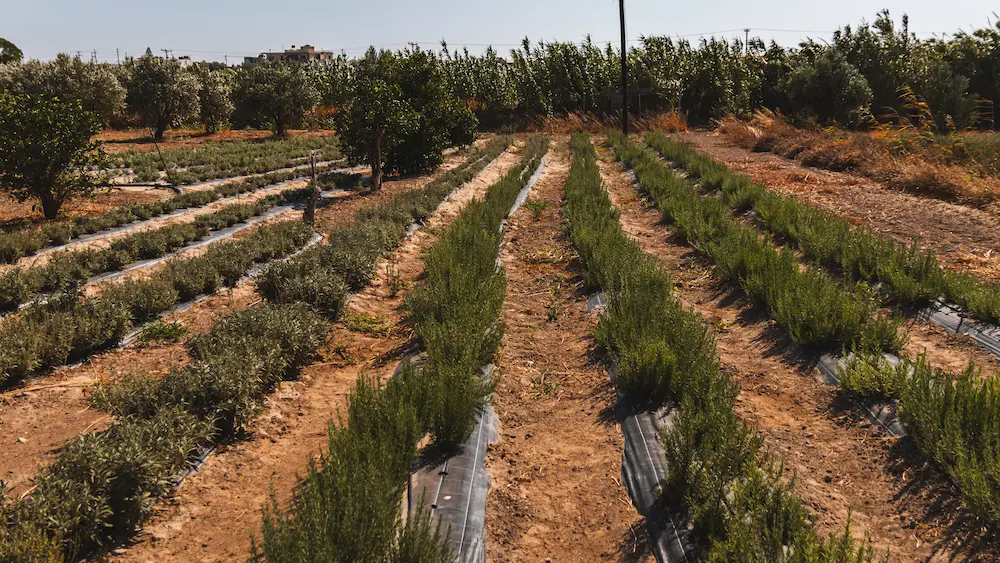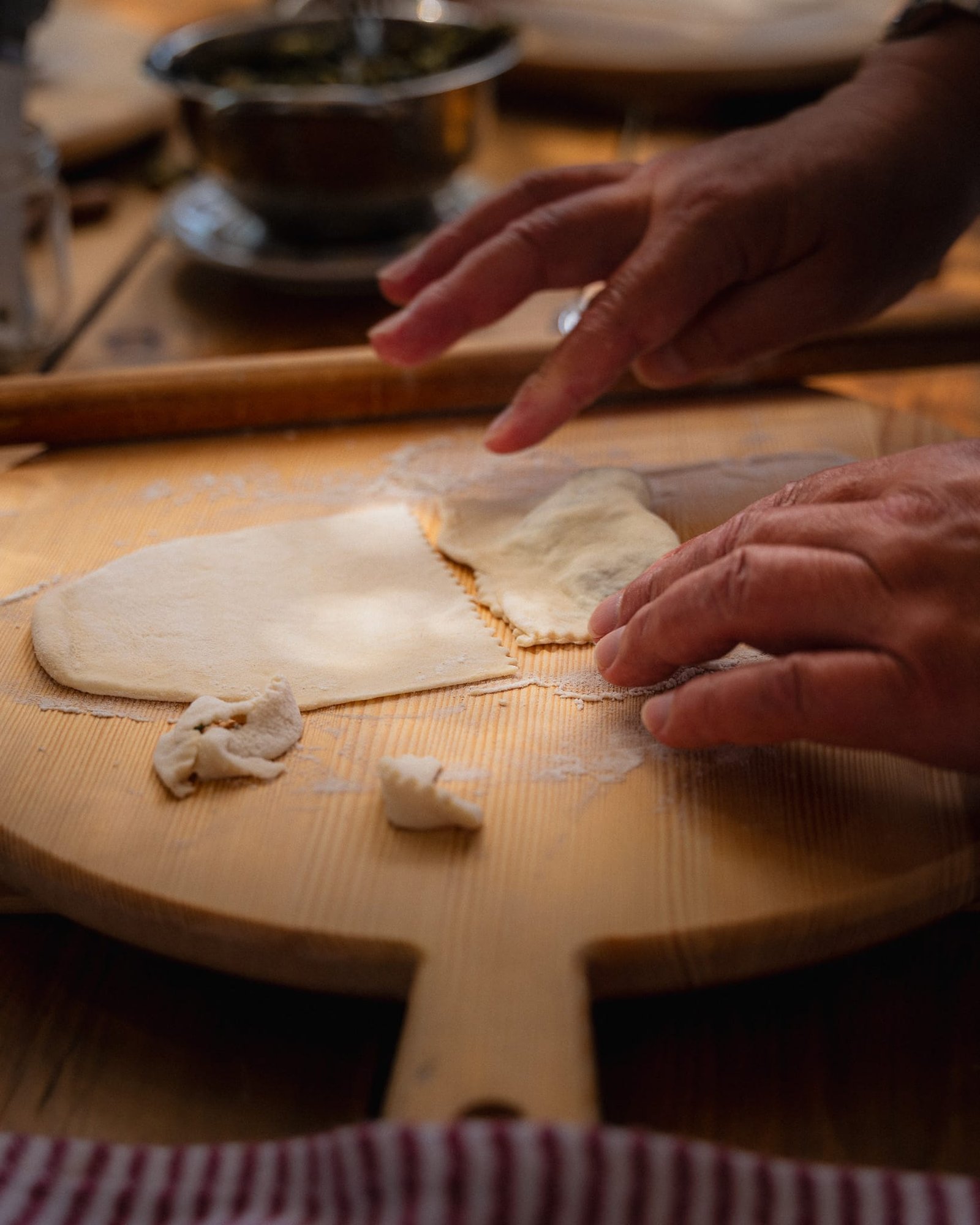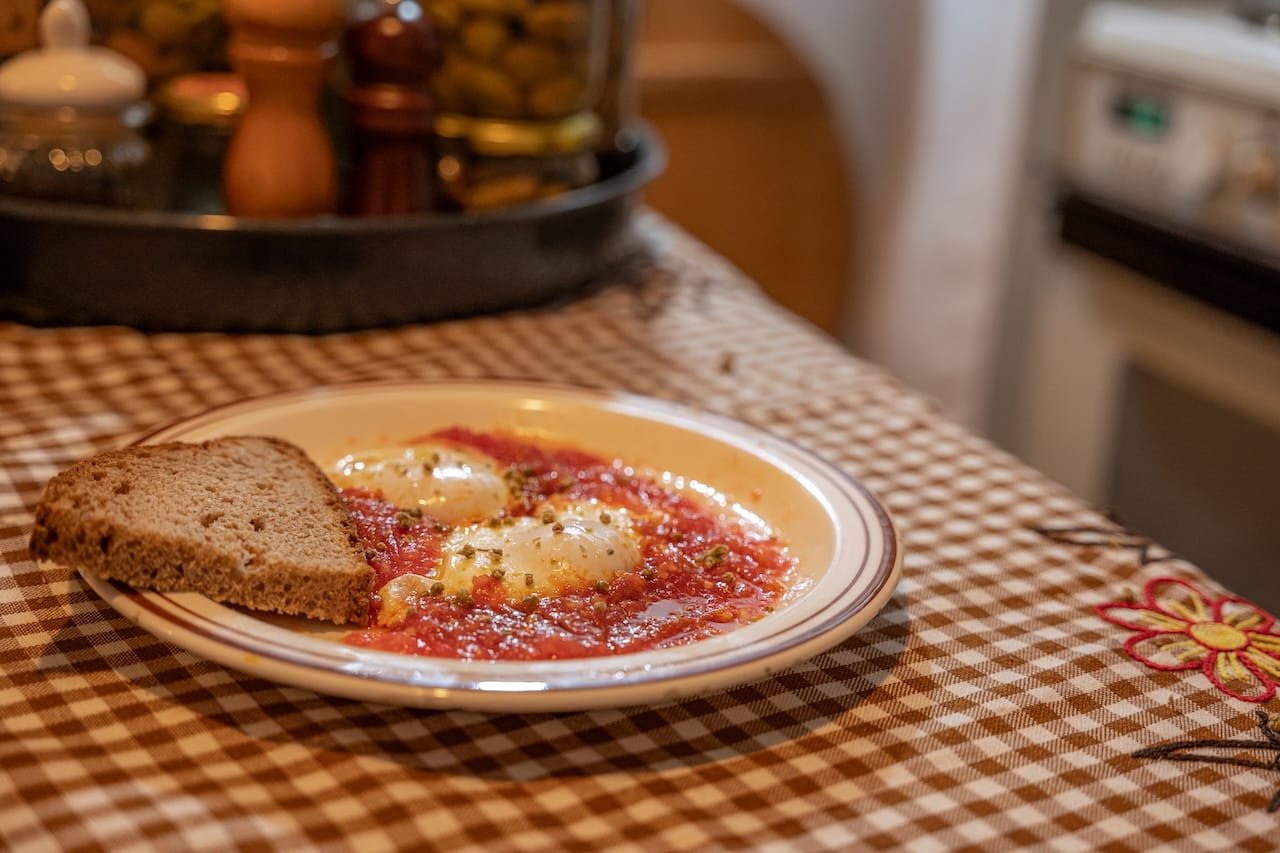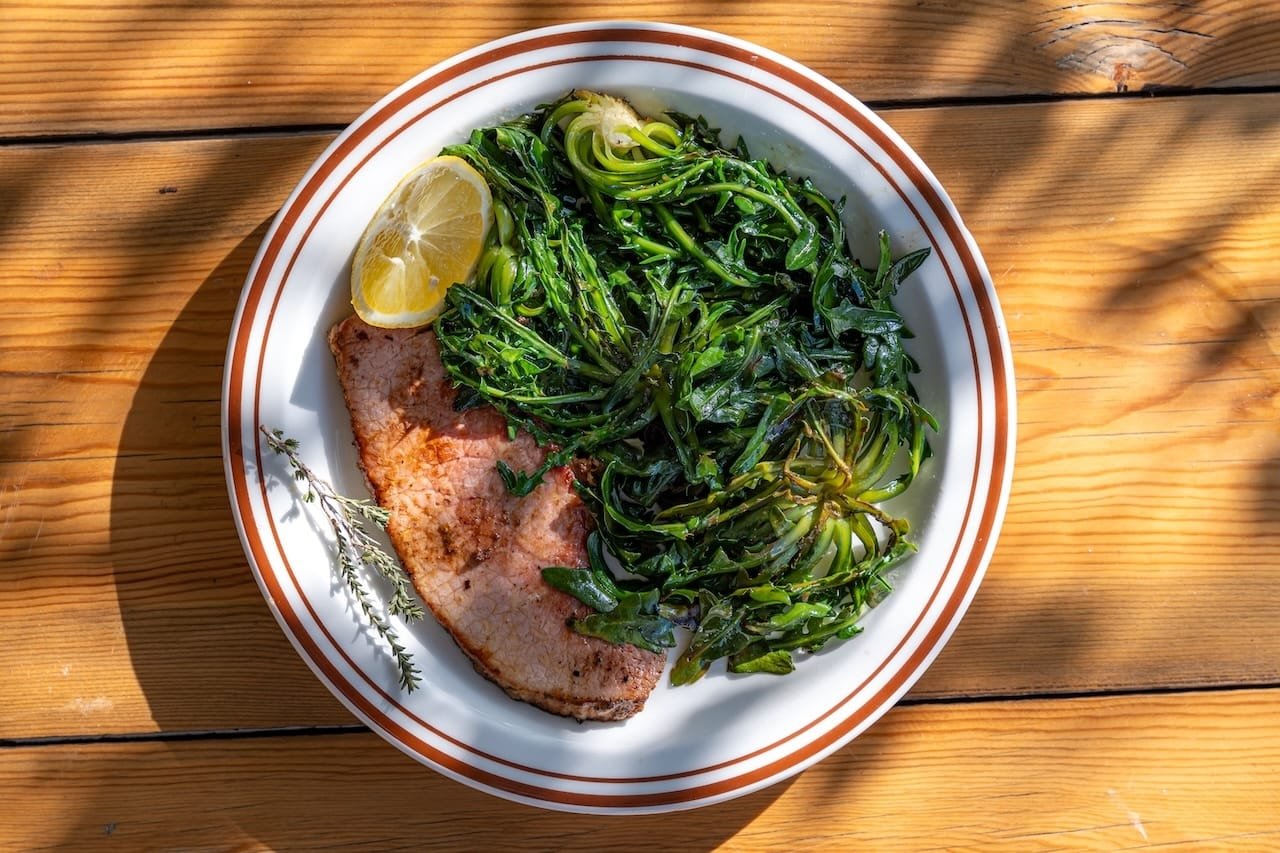Greek cuisine, celebrated for its vibrant flavors and wholesome ingredients, is deeply rooted in a triad that has sustained its people for millennia: olive oil, wine, and grains. These staples not only define the gastronomic landscape of Greece but also embody its cultural and historical essence.
In this article, we’re going to discuss:

Olive Oil: The Liquid Gold of Greek Cuisine
Olive oil stands as the cornerstone of Greek cooking, revered for its versatility and health benefits. The cultivation of olive trees dates back to ancient times, with the Minoans on Crete and the Mycenaeans on the mainland producing olive oil as early as 3500 BCE. Beyond its culinary applications, olive oil held symbolic significance, representing peace, wisdom, and prosperity—a testament to its divine association with the goddess Athena.
In Greek cuisine, olive oil is omnipresent. It’s used in sautéing vegetables, grilling meats, and dressing salads. Dishes termed “ladera,” derived from “ladi” (the Greek word for oil), showcase vegetables cooked in generous amounts of olive oil, often accompanied by tomatoes and herbs. This method not only enhances flavor but also preserves nutrients.
The health benefits of olive oil are well-documented. Rich in monounsaturated fats and antioxidants, it contributes to heart health and longevity. The traditional Greek diet, abundant in olive oil, has been linked to reduced risks of chronic diseases, underscoring its role as a dietary staple.
Wine: A Nectar of Tradition and Celebration
Wine holds a venerable place in Greek culture, intertwined with rituals, mythology, and daily life. The ancient Greeks revered Dionysus as the god of wine, celebrating festivals in his honor that underscored the beverage’s societal importance. Vineyards flourished across regions like Thásos, Lesbos, and Chios, producing varieties that were integral to communal gatherings and symposia.
In contemporary Greece, wine remains a fixture at the dining table, complementing meals and fostering conviviality.Traditional varieties such as Retsina, a white or rosé wine infused with pine resin, offer unique flavors that have been cherished since antiquity. The resurgence of indigenous grape varieties and modern winemaking techniques has further elevated Greece’s position in the global wine arena.

Grains: The Sustenance of Civilization
Grains, particularly wheat and barley, have been fundamental to the Greek diet since ancient times. They provided sustenance in the form of bread, porridge, and later, pasta. The “Mediterranean triad” of wheat, olive oil, and wine reflects Greece’s agricultural abundance and forms the backbone of its culinary traditions.
Bread, often considered sacred, accompanies nearly every meal. Variations like “paximadi,” a twice-baked rusk, highlight the ingenuity in grain preservation, especially in regions like Crete. Pasta dishes such as “pastitsio,” a baked pasta with minced meat and béchamel sauce, showcase the adaptation of grains into hearty, flavorful meals.
The integration of grains extends to desserts as well. “Galaktoboureko,” a semolina-based custard encased in phyllo pastry and drenched in syrup, exemplifies the sweet applications of grains in Greek patisserie.

The Harmonious Blend: A Culinary Symphony
The synergy of olive oil, wine, and grains creates a harmonious balance that defines Greek cuisine. Consider the classic “horiatiki” or Greek salad: ripe tomatoes, crisp cucumbers, sharp onions, and briny olives, all brought together with a generous drizzle of olive oil and often accompanied by crusty bread. This simple yet profound combination encapsulates the essence of Greek dining—fresh, flavorful, and communal.
Meze culture further illustrates this harmony. An array of small dishes, including dips like “tzatziki” (yogurt, cucumber, and garlic) and “melitzanosalata” (smoked eggplant), are served with pita bread, encouraging shared experiences over sips of wine or ouzo. This tradition fosters connection, embodying the Greek ethos of hospitality and togetherness.
Greek Cuisine: Conclusion
The pillars of Greek cuisine — olive oil, wine, and grains—are more than mere ingredients; they are the embodiment of a rich cultural heritage that has withstood the test of time. Their enduring presence in Greek kitchens speaks to a legacy of simplicity, healthfulness, and conviviality. As we savor the flavors of Greece, we partake in a tradition that celebrates the land’s bounty and the spirit of its people.
Greek Cuisine

Aspras Terra Agriculture Experience, Ierapetra Crete Greece, follow us on Instagram or Facebook to learn more about our activities and upcoming events!

